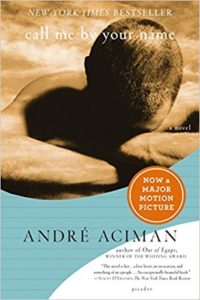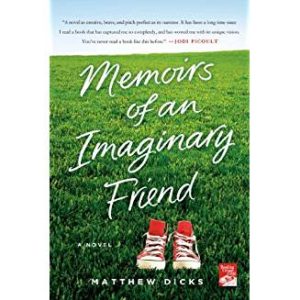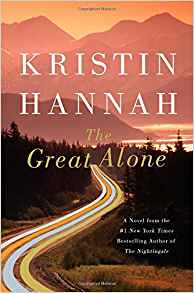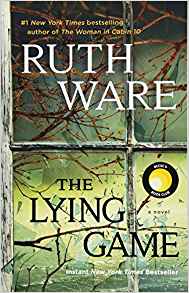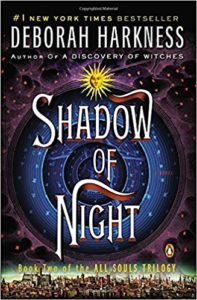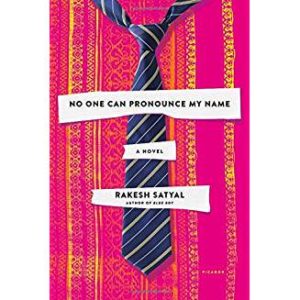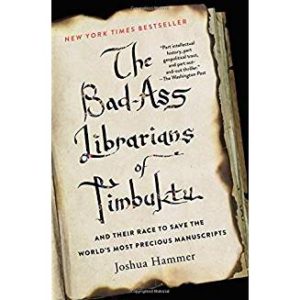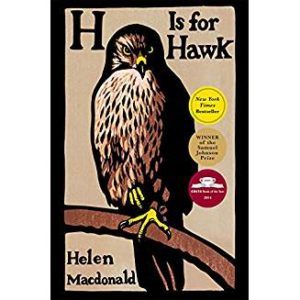Chris Bohjalian | Fiction
![]()
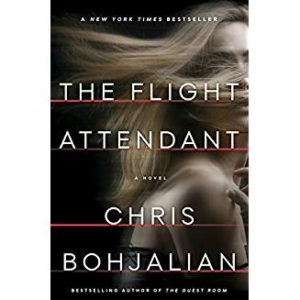
Cassie is a flight attendant with enough seniority to work the plum international routes. She also, to use her own words, “binge drinks” and has “binge sex.” One might in Dubai; she partakes of both of her chosen activities and wakes up next to Alex Sokolov, his blood pooled on the bed and his throat quite emphatically slit. Did she do it in a blackout? If not, who did? And why? And why was she still alive? Cassie leaves the scene, wiping away all traces of herself. Thus begins a tale of intrigue, mystery, and suspense.
This is an airplane book. If you want to pass the time, fully engaged in a mystery novel, and not hearing your flight attendant or the passenger in the seat next to you, this is an excellent book to engross yourself in. It will pull you right along as you try to solve the mysteries along with Cassie, the FBI, and other indeterminate players.
Bohjalian has written 20 books. His voice is clear and it seems he can tell a sharp, creative story. I think I will try more of this author; I just requested an earlier work, Midwives, from the library.

